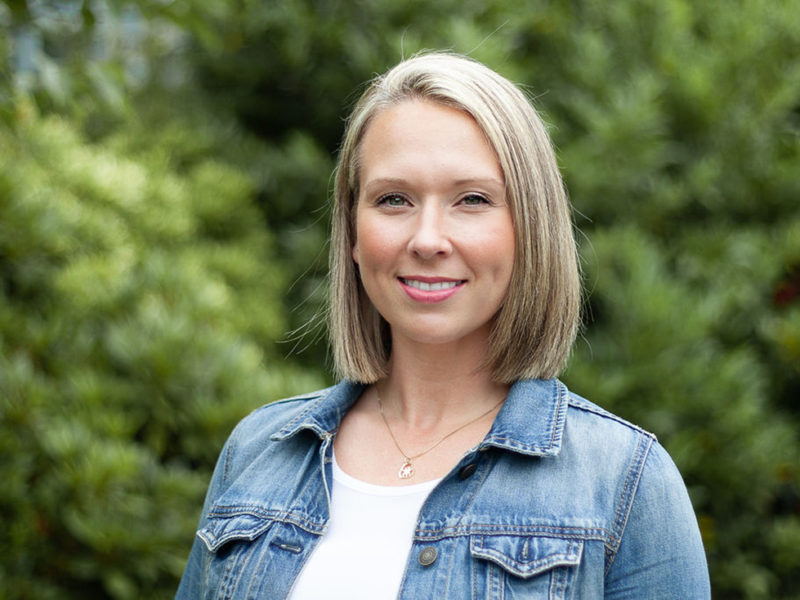ABBOTSFORD – One of the biggest organizational shifts in BC agriculture since the 1990s will see the BC Agriculture Council focus on being an advocate for industry and exit the business of program delivery.
“BCAC’s core role is that of an advocacy organization,” says Reg Ens, who will be stepping down as executive director of BCAC at the end of this month as part of the shift. “How do we use the resources that the industry has invested in us to best help the industry? That’s back to being the voice for the industry – an advocate for the industry.”
BCAC represents 28 farm organizations in the province, filling the void left by the collapse of the BC Federation of Agriculture in 1997. However, through ARDCorp (BC Agriculture Research & Development Corp.), it has also administered government funding for the Environmental Farm Plan program and BC Agriculture and Food Climate Action Initiative.
Program delivery also traces its roots back to the late 1990s, when governments saw the value in industry-led organizations delivering funding on their behalf. Rather than a handout, it was seen as a hand up, with farm organizations trusted to allocate the money wisely. Now, an emphasis on accountability means program delivery contracts have tighter terms.
“Historically, there was some value governments saw in supporting associations, farm organizations, to have that capacity,” says Ens of program delivery. “Some of that spinoff value just isn’t what it used to be.”
The result is a refocusing of the council’s energy on advocacy for farmers, while program delivery will move to a dedicated third-party organization. BCAC has recommended the Investment Agriculture Foundation of BC for the role.
“We would like to transition those over to IAF, with the teams intact,” explains Ens. “They have the structure. They’re set up for program delivery.”
Indeed, investments over the past 18 months have allowed IAF to handle a record volume of funding in 2020. It has been actively seeking to expand its offerings, and chair Jack De Wit believes taking over ARDCorp’s responsibilities makes sense.
“We made some major changes in technology so I think we’re very capable of taking on the business,” he says, noting that IAF – unlike BCAC – is not an advocacy organization. “We don’t lobby government. … It makes sense for BCAC to focus on advocacy and not on programs.”
ARDCorp will continue to exist in the event it’s needed to run programs on an ad hoc basis, but BCAC will refocus its efforts on advocating for good programs rather than delivering them.
New leadership
Ens, for his part, will hand the reins of BCAC to Danielle Synotte, currently the council’s director of communications and stakeholder engagement. The two will work closely in the coming weeks and months to ensure a seamless transition of leadership.
One of Synotte’s first major projects will be overseeing development of a new five-year strategic plan for BCAC. Development of the plan was a catalyst for Ens’ decision to step down after 12 years as executive director.
“I realized I didn’t see myself being here in three to five years, so then the next question is, if I’m not going to be here for the next five years, do I help steer the strategic plan or do I make room for the next person to lead the strategic plan?” he explains. “I decided on the latter.”
Ens won’t be going far away, however. He’ll be stepping into a newly created position with another BCAC subsidiary, the Western Agriculture Labour Initiative.
Ens says the new role with WALI will refocus him on business management. This was an area in which he was actively engaged while at MNP, where he spent 12 years prior to joining BCAC. It’s also something the farm labour file needs more than ever.
An action plan will be developed over the next nine months that will allow WALI to expand from not only being a first point of call for farm labour issues but also a source of support with respect to both foreign and domestic labour.
“We have to invest some serious time in that to help the industry, help farmers, help employers, help workers, too,” he says.
The aim is for WALI to do primary triage on all labour issues in the farm sector, including analysis of issues. This will ensure labour issues receive focused attention while supporting BCAC’s efforts to advocate on specific files.
“If we can move all the labour issues into a single desk, that should free up [Danielle’s] role a little bit more,” says Ens. “When it gets to the point where we need someone to advocate for industry, that would get handed over to BCAC and they would do the advocacy work.”
Synotte looks forward to the simpler, more focused mandate for BCAC. With a background in business administration, she spent eight years with the City of Abbotsford, eventually serving as economic development coordinator. She joined BCAC in 2017 and looks forward to advancing its voice for members both within BC and nationally as a member of the Canadian Federation of Agriculture.
“We really want to focus on that value proposition to our membership, that BCAC is advocating effectively,” she says.


 Heatwave stresses livestock
Heatwave stresses livestock